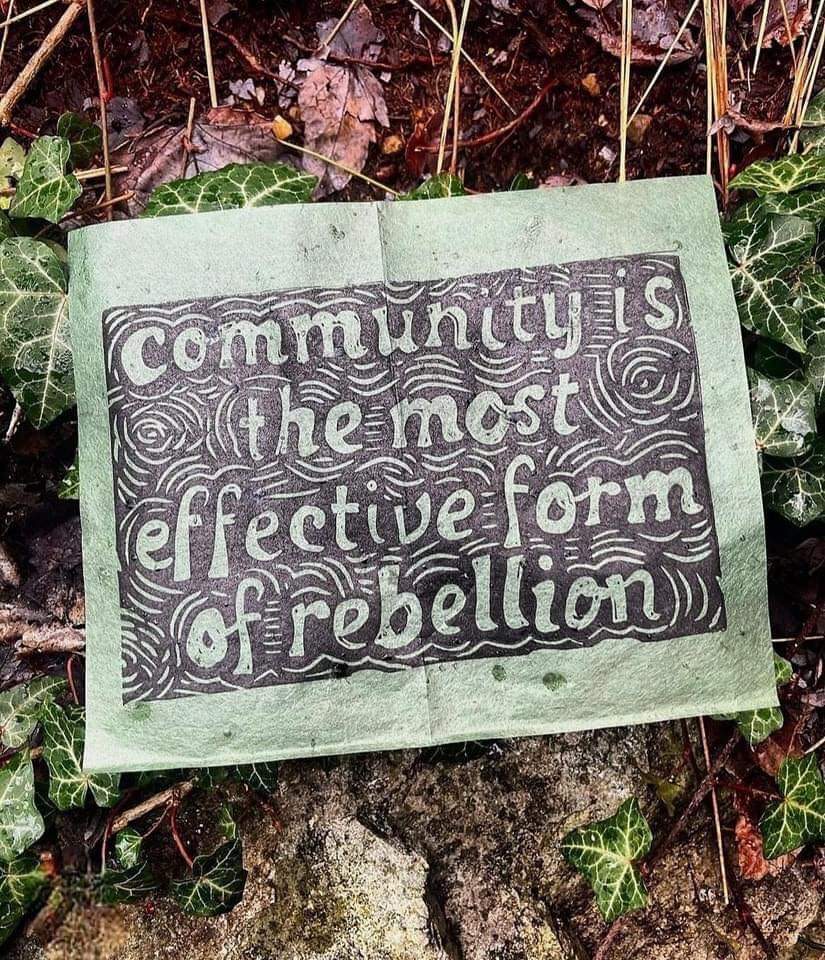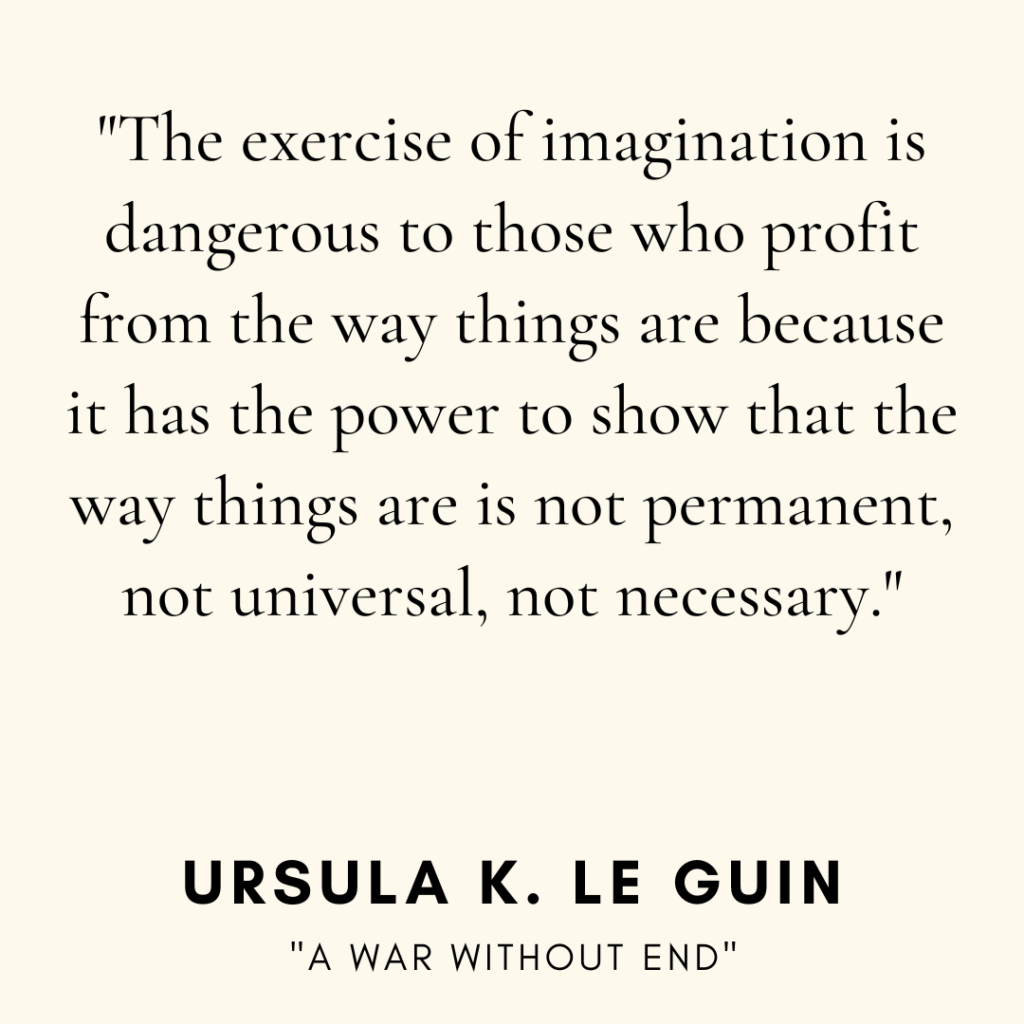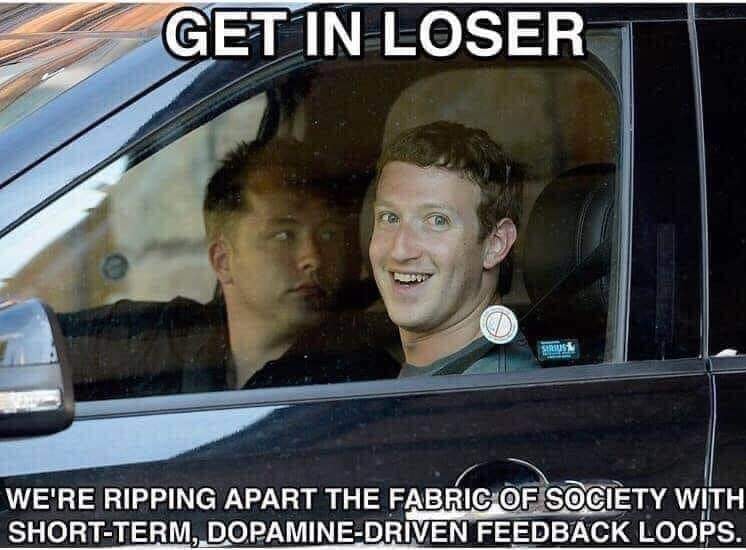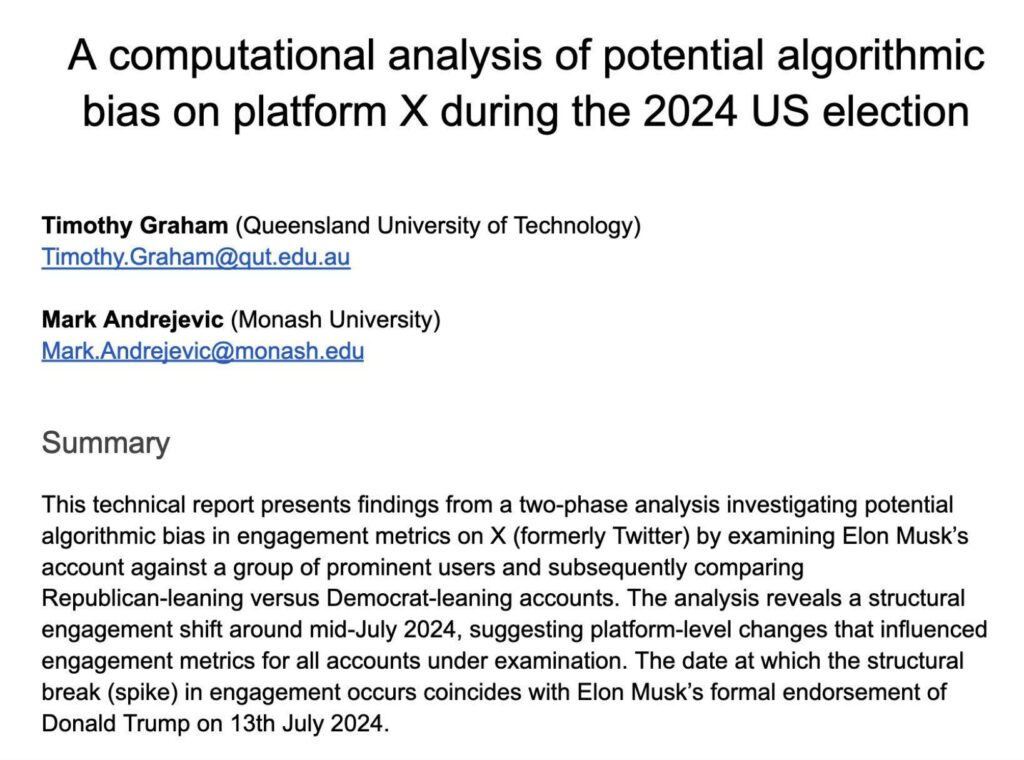In this #openweb reboot, do you ever stop and wonder, really wonder, why most of the codebases outside #Mastodon are languishing? It’s not a technical issue. It’s not “a lack of funding” (though that’s what they love to talk about). It’s not even about network effects, not really. It’s because they’re all following Mastodon’s lead, straight into the #NGO world.

This is a path paved in smiles and slow death. A warm bath of #NGI grant cycles, #NGO diversity reports, and performative panels. On this dead-end, the goal isn’t to grow, challenge, or change. The goal is to survive, to be tolerated, within existing institutional structures.
Let’s be honest: this is such an obviously pointless and self-defeating direction that it’s stunning more people aren’t calling it out. Why is it pointless? Because in the #NGO world, success isn’t the point. The hierarchy already has its chosen project. It has its darling. And surprise surprise – that’s Mastodon.
Everyone else is there to tick the diversity box. You’re the “alternatives” that prove there’s choice, even if there isn’t. You’re invited to speak, but not to decide. You’re encouraged to exist, but only if you don’t matter.
So these projects stall, not because they’re bad ideas, or bad code, or have no community.
But because they’ve internalized powerlessness, shaped by institutions that reward conformity and punish genuine independence.
Here’s the bitter truth: If you want your project to thrive, you have to stop only begging at the gates of the palace. You have to stop only trying to be included, you have to also build outside their logic. That’s what the #OGB (Open Governance Body) is about, not building consensus at the top, building trust at the roots.
That’s what the #OMN is about, a web of native projects, not another hierarchy with a different brand. We don’t need to only “be taken seriously” by NGOs. We really need to #KISS build governance that works without them. And what we don’t need is more performative panels, we need compost, shovels, and seeds. Let #Mastodon be the flagship, in the long term, it’s likely to drift into irrelevance, or rot into compromise. Let the rest of us get on with building the working path.
You don’t have to only attack problems, you can also build round them and leave them to decay, then shovel over the mess to compost, the problem we face now is that we need a shovel, a first step is to build that #OMN

Some strategies to mediate the #blocking mess in a way that stays true to the #4opens:
1. Compost the Conflict. Don’t try to avoid the mess – use it.
Acknowledge blocking as an emotional reaction to risk/fear/powerlessness.
Create safe compost heaps where disagreements can break down slowly (forums, slow chat, moderated conversations).
Let things rot before replanting — time is part of the process.Tools:
Slow-fed moderation queues
Forkable, linked discussions
Bridge-building protocols2. Build Friction Where It Helps. Instead of forcing “smooth consensus,” engineer positive friction.
Let friction surface hidden assumptions early, but contain it constructively.
For example, structured disagreements (Yes/And).
Use #4opens to keep the process visible and trustworthy.Tactic: “This disagreement stays open – until it breaks something or blooms something.”
3. Create Walkable Paths Around Blockers. If someone/some group blocks – don’t go through them, go around them.
Design with pluralism and linked forking paths as core strengths.
Accept divergence — allow others to #4opens fork rather than forcing them to bend.Metaphor: Every open path has forks. We need more people walking, fewer people standing still yelling.
4. Bridge the ‘Trust Gap’ with Small, Lived Examples. Many people block because they don’t trust the process – they feel tricked, ignored, or co-opted.
Rebuild trust through visible, small-scale functioning examples — real communities doing real things with the #4opens.
Highlight stories where governance and code worked together.
Stay humble: don’t oversell the vision; show, don’t tell.5. Normalize Changing Your Mind. Most blocking happens because people are afraid of losing face, status, or being co-opted.
Create spaces where changing your mind is not shameful — it’s rewarded.
Public “reconsideration threads,” “I changed my view” badges, etc.
Use organic intellectuals who model doubt and curiosity, not just certainty.
Reframe the debate using values: trust vs. fear, openness vs. control, native vs. extractive.You don’t solve #blocking by trying to make everyone agree, you solve it by making space for disagreement to stay open and generative – not as a problem, but as part of the compost from which better paths grow.
This is how we unblock the current monocultures.










